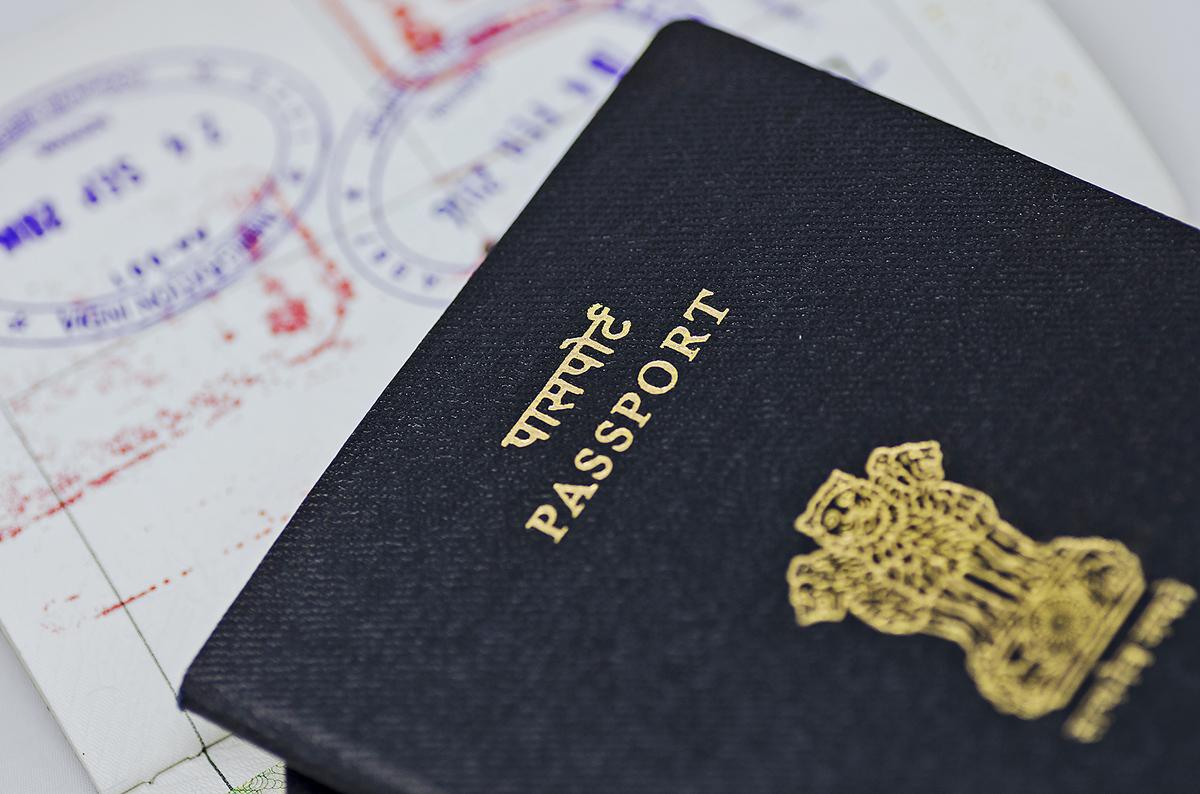Indian Passport Gets A Makeover: New Rules for Proof of Birth, Address, and Enhanced Security
New Delhi, March 2025 – Indian passports are undergoing a significant transformation as the Centre rolls out new rules and procedures to modernize the passport system and streamline its application process. According to the Passports (Amendment) Rules, 2025, these updates aim to enhance security, improve convenience for citizens, and ensure greater inclusivity. The changes will take effect from the day they are published in the Official Gazette.
Here’s a comprehensive overview of the key updates to the Indian passport rules.
Mandatory Birth Certificate: A Core Requirement
A key highlight of the revised rules is the introduction of stricter guidelines for proof of birth. For individuals born on or after October 1, 2023, presenting a birth certificate will be mandatory as the sole recognized proof of date of birth when applying for a passport. This move aligns with the broader objectives of the Registration of Births and Deaths Act of 1969, emphasizing streamlined record-keeping at official levels.
The birth certificate must be issued by one of the following:
- The Municipal Corporation or local authority.
- The Registrar of Births and Deaths.
- Other authorized bodies as per the Registration of Births and Deaths Act.
For individuals born before October 1, 2023, a wider range of documents will continue to be accepted as proof of date of birth, including:
- Certificate of transfer, school leaving, or matriculation from a recognized educational institution.
- PAN card issued by the Income Tax Department.
- Pay Pension Order or relevant entries from a government employee’s service record.
- Policy bond issued by a public life insurance corporation.
- Aadhaar card or e-Aadhaar.
- Voter ID card (EPIC).
- Valid driving license.
This dual-pronged approach accommodates individuals from different age groups, ensuring flexibility while reinforcing the importance of accurate birth documentation.
Enhanced Privacy with Embedded Residential Address
In a landmark change aimed at protecting privacy, passports will no longer display residential addresses on their final page. Instead, this sensitive data will be digitally embedded into a secure barcode within the passport. Immigration officers and authorized personnel will scan the barcode to access this information when needed.
The move is a part of broader efforts to enhance data security and prevent unauthorized access to private details. It signifies a shift toward digitization, reflecting global trends in passport management.
Address Proof Simplified
Applicants will still need to provide proof of their current residential address when applying for a new passport or renewing an existing one. The following documents are considered valid proofs of address under the new rules:
- Utility bills (water, electricity, or post-paid telephone bills).
- Aadhaar card.
- Rent agreement.
- Income Tax Assessment Order.
- Voter ID card (Election Commission picture ID).
- Gas connection evidence.
- Certificate of employment on formal letterhead.
- Bank passbook from scheduled banks (regional rural, private, or public sector).
- Parents’ or spouse’s passport copies (for minors or dependent applicants).
These options ensure that individuals across different circumstances have multiple avenues to validate their address.
Parents’ Names No Longer Required
The new rules also eliminate the requirement to list parents’ names on the final page of the passport. This decision marks a progressive step toward inclusivity and privacy. It particularly benefits individuals from estranged families, single-parent households, or those who face challenges related to listing parental details due to personal circumstances.
A Boost to Passport Seva Kendras
Accessibility and efficiency are at the heart of the government’s new approach to passport services. A major expansion of Passport Seva Kendras (PSKs) has been announced, with their numbers set to increase from 442 to 600 over the next five years. PSKs are dedicated centers designed to assist applicants with the passport issuance and verification process.
This expansion is part of a renewed Memorandum of Understanding (MoU) between the Ministry of External Affairs (MEA) and the Department of Posts, ensuring that passport services are available to citizens in remote and underserved areas. The initiative is expected to make the application process more accessible and reduce waiting times.
Color-Coded Passports for Easy Identification
The revised rules introduce a color-coding system for passports to simplify identification:
- Red passports will be issued to diplomats.
- White passports will be designated for government officials traveling abroad on duty.
- Blue passports will continue to be issued to ordinary citizens.
This initiative is designed to enhance clarity during international travel and align with global practices.
Why These Changes Matter
The new passport rules represent a significant step toward modernization, inclusivity, and security. Here’s how they impact citizens:
- Enhanced Privacy: Digitally embedding personal information reduces the risk of misuse.
- Streamlined Documentation: Mandatory birth certificates ensure accurate and reliable records.
- Increased Accessibility: More PSKs mean shorter travel distances and faster processing for rural applicants.
- Inclusive Policies: Dropping parents’ names from passports reflects a sensitive approach to diverse family structures.
Looking Ahead
The Passports (Amendment) Rules, 2025, signal a forward-looking vision for passport services in India. By embracing technological advancements and prioritizing citizen convenience, the Centre aims to set new benchmarks in global passport management. With these changes, applying for a passport will not only become more efficient but also more secure and inclusive.
For those planning to apply for or renew their passports, staying informed about these updates will be crucial. By adapting to these new guidelines, applicants can navigate the process seamlessly and contribute to the success of this transformative initiative.



